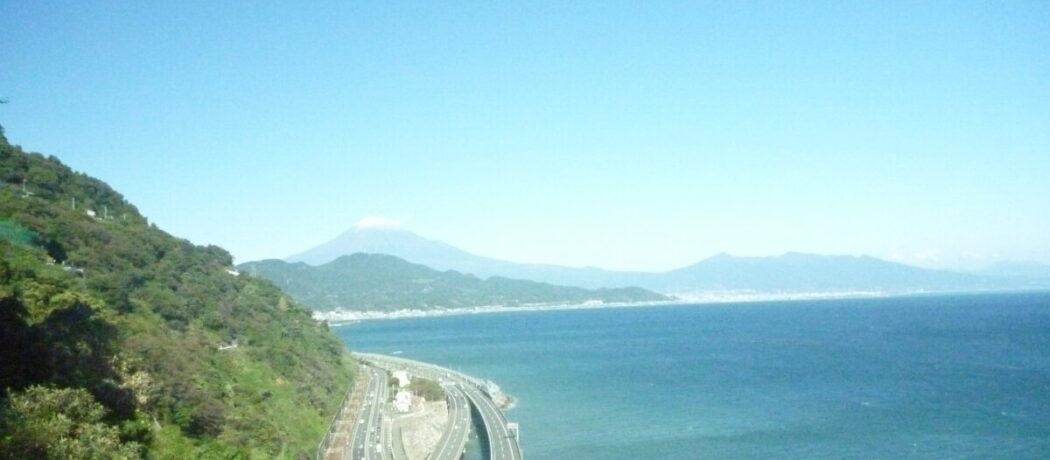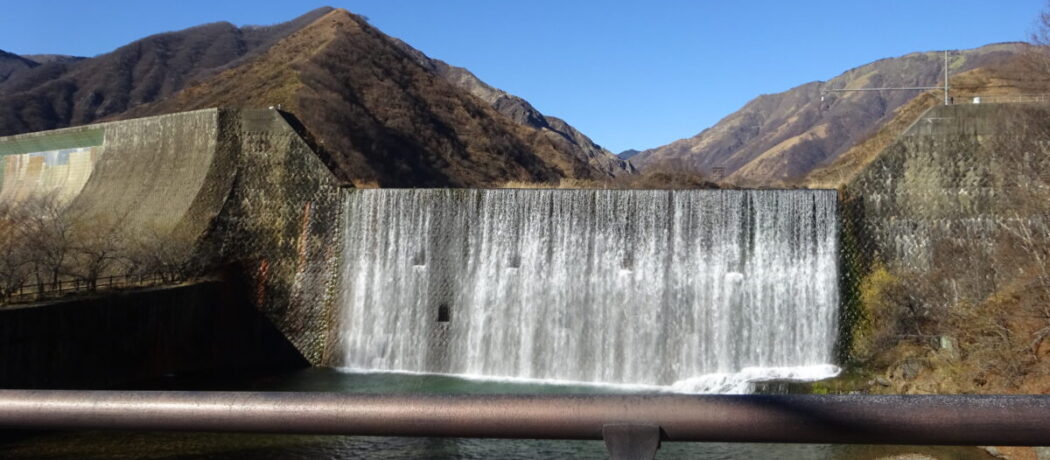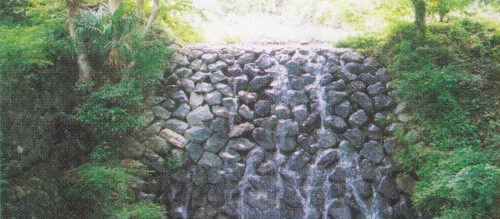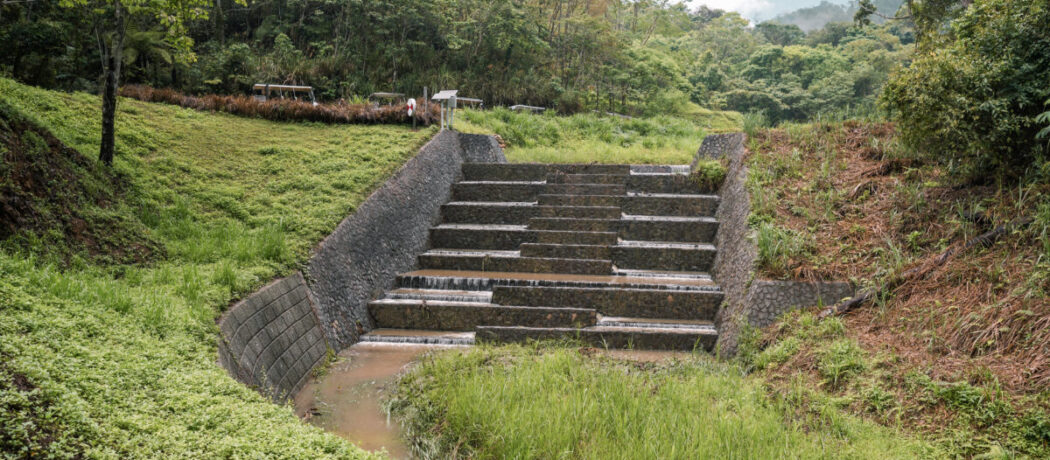2024 Octomber,Swiss
Swiss – Japanese Sediment Disaster Risk Management Technology Meeting(October 23-25, 2024) Swiss – Japanese Sediment Disaster Risk Management Technology Meetingwas held over October 23-25, 2024. Field trips were made to the sites of landslides that occurred within Canton of Valais( Grächen, Randa, Baltschieder )on October 23,24. Disccusions(keynote address and thematic discussions) were held in…




